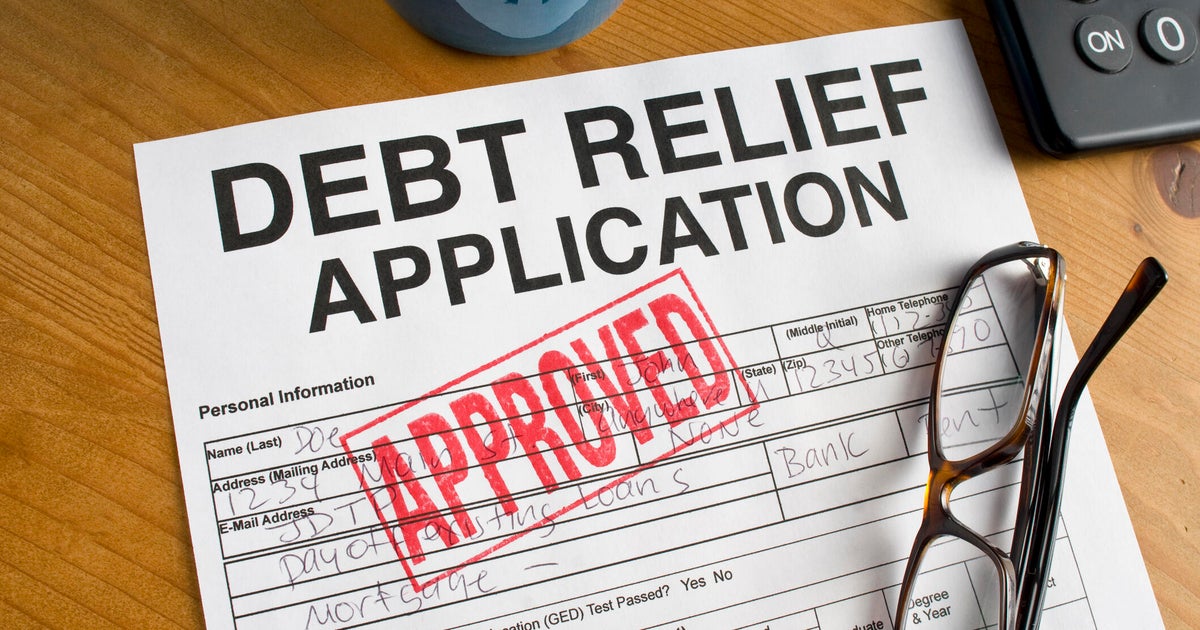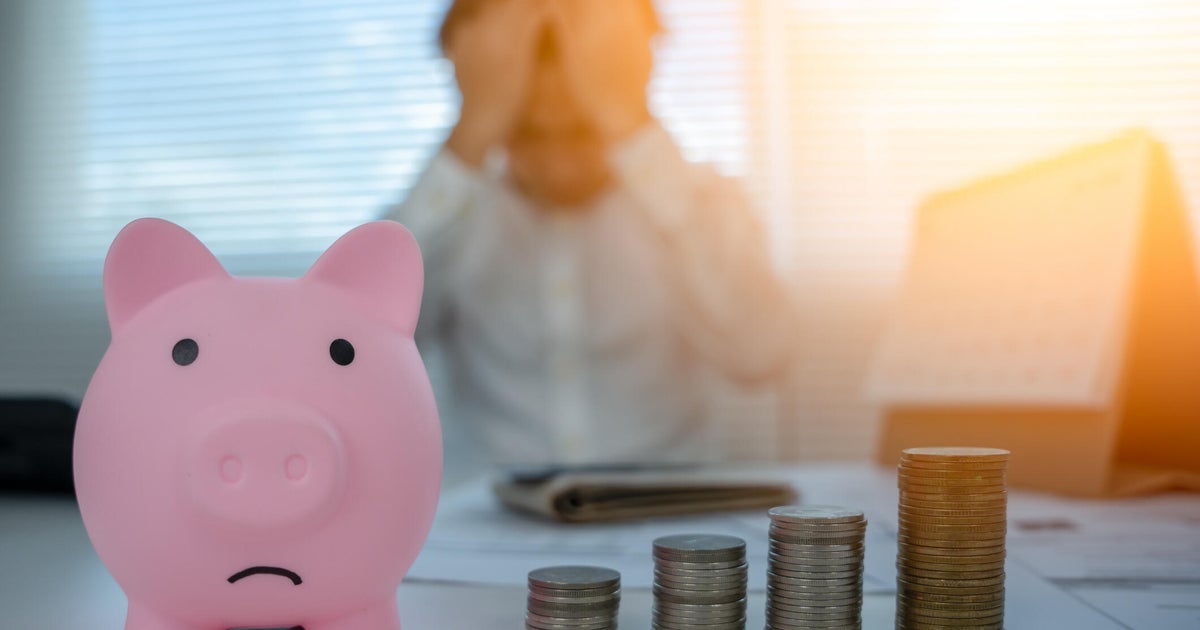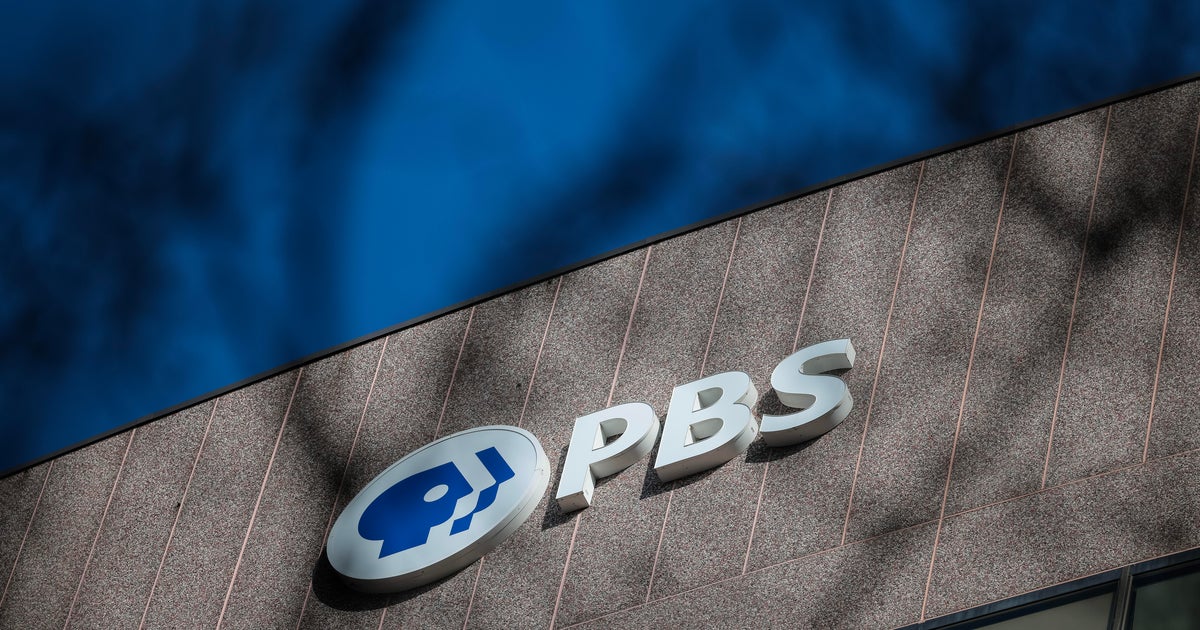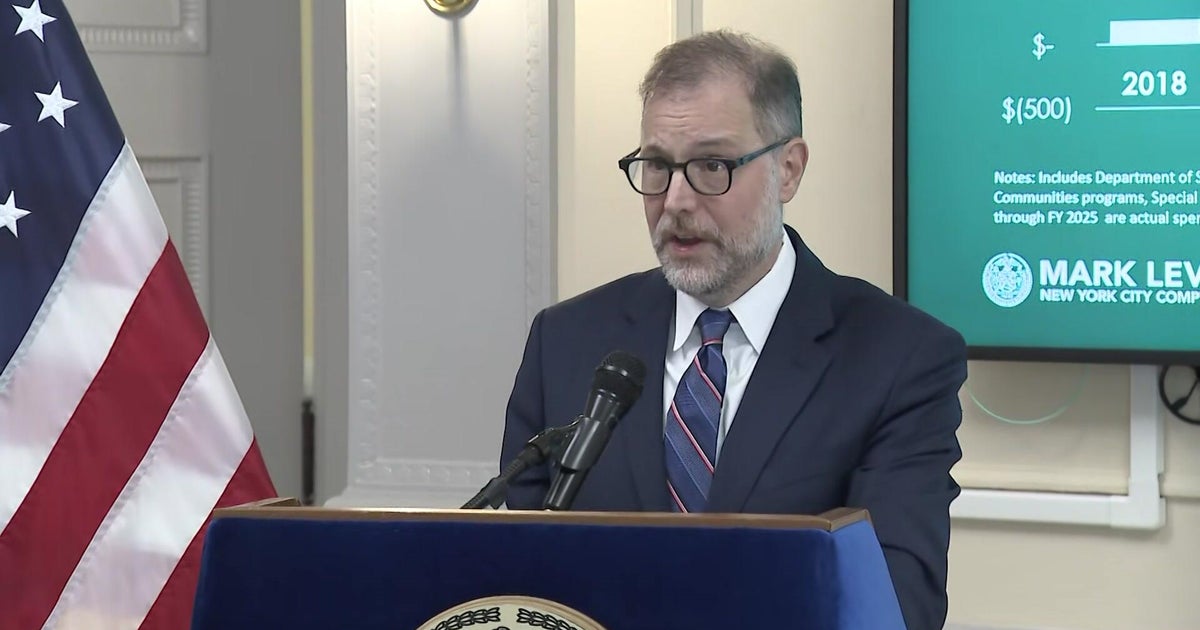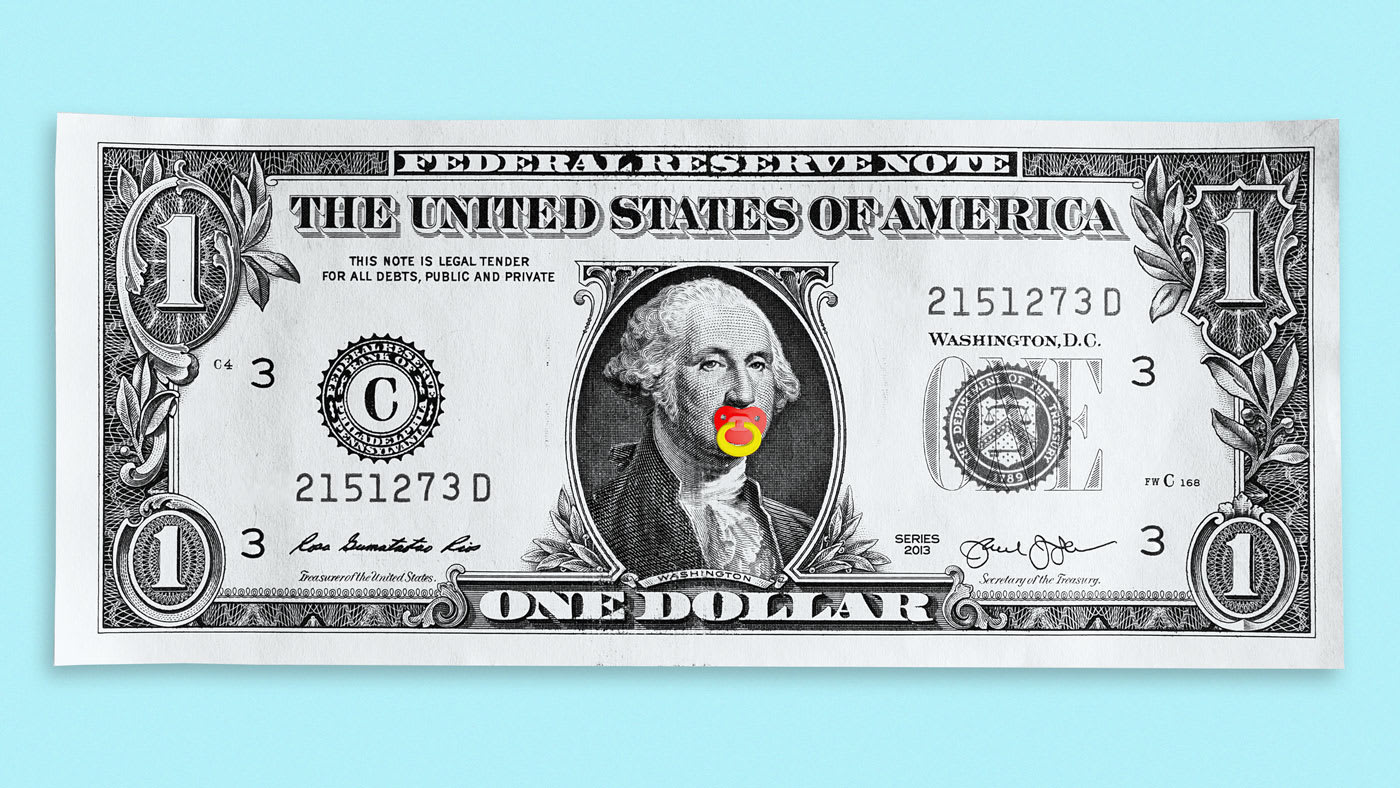Save, invest, or pay off debt: What should you do with your idle money?
If you have extra cash sitting around, such as from a tax refund or bonus, what should you do with it? While it sounds like a good problem to have, there's a real risk in letting money sit idle, meaning you're holding it without any intention around how you're using it.
For one, idle money could be losing value. Generally, "idle money doesn't keep up with inflation. So it's actually becoming less valuable over time," says Bob Chitrathorn, CFO/vice president of wealth planning at Simplified Wealth Management.
Even if it's sitting in a bank account earning interest, it could keep you further from your goals if you're not intentional about that decision. "When we make financial decisions that lack purposeful guidance principles, we are often confronted with feelings of guilt, regret and shame," says Marcella Mollon-Williams, co-founder and COO at Legacy Builder Group, LLC. "Idle money is like an idle mind; it can get us in trouble unless we remain intentional about its purpose. There is no extra cash when we understand that our money has a valuable purpose to fulfill."
Rather than letting money sit idle, three common approaches are to save, invest or pay off debt. But how can you decide which one is right for you?
Get started and put your money to work with a top savings account here.
Save, invest, or pay off debt: What should you do with your idle money?
The case for savings
If you don't have a sufficient emergency fund, then you might decide to put idle money into savings. You can still earn a competitive return with a high-yield savings account so that your money keeps up with inflation, but you don't have to take on much risk and can keep that money for unexpected expenses.
"I would always say make sure you have at least $1,000" as an emergency fund, says Chitrathorn.
Many people prefer and benefit from a larger emergency fund of around three to six months' worth of living expenses, but the specifics generally depend on factors like your financial experience and overall financial picture, he says.
Someone new to personal finance might want to save more toward that six-month mark, whereas a more experienced investor might be comfortable having three months' worth of living expenses in a savings account and some other pockets of relatively liquid assets that they can draw from if needed, explains Chitrathorn.
But at the very least, $1,000 is a good place to start to reduce the risk of needing to go into debt for a surprise expense, he says.
Explore today's top savings account options online here.
The case for paying off debt
After you have at least $1,000 saved to help avoid further debt, you might decide to then pay off existing debt, particularly where you're getting charged a high interest rate.
For example, if you're paying 20% interest on credit card debt, you're generally not going to reliably get that type of return from investments, says Chitrathorn. So, paying off that debt could be the best use of your money, as you'd end up saving more in terms of what you'd otherwise pay in interest.
"Debt with idle money is wasted money," he says. In other words, the longer you let your money sit around, the more it's costing you in interest payments. Focusing on debt relief can improve your net worth in the long run.
The case for investing
If you have an emergency fund and no high-interest debt, then you might be better off investing idle money.
Some debt, like a mortgage, could potentially be beneficial to your net worth, and your mortgage rate might be lower than what you could get from investments. If that's the case, you might decide to let that debt remain while paying off revolving debt like credit card balances.
"After you have those debts out of the way, invest," says Chitrathorn.
Keep in mind that investing doesn't have to mean making speculative bets. It can still be a part of securing your financial future. By determining your values, you can better determine how to use the idle money and where to invest.
"Let's say that security is one of your core values, and one of your goals is to consistently maximum fund your IRA so that when you are ready to retire, you can actually retire. Placing that extra cash toward your annual contribution goal may provide you with more satisfaction and peace of mind, because your financial action directly aligned with a core value," says Mollon-Williams.
Also, keep in mind that it's possible to take somewhat of a combined approach. For example, you might want a bigger emergency fund while still trying to invest for retirement, so you might split your idle money accordingly. While that can create some risk in terms of not having as large of an emergency fund, it can also create more upside.
Not everyone will take the same approach, as there's not one right answer. There are many paths you can take, so it's important to consider what you think will work best and feels most comfortable for you.
"Deciding what to do with extra cash depends on someone's financial situation as well as their purpose for money and the values connected to their purpose," says Mollon-Williams.

